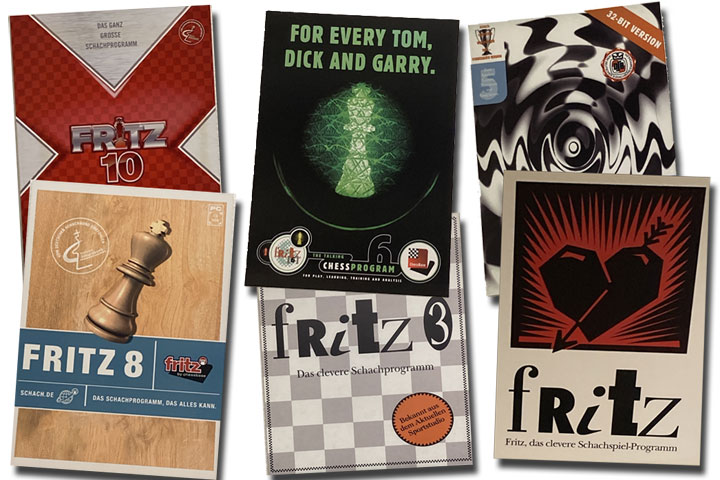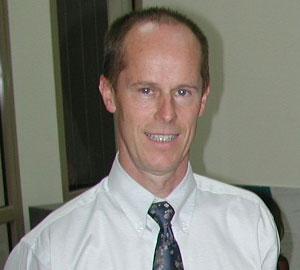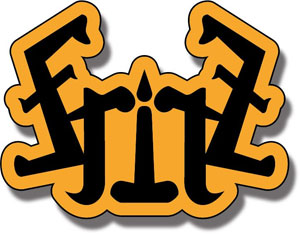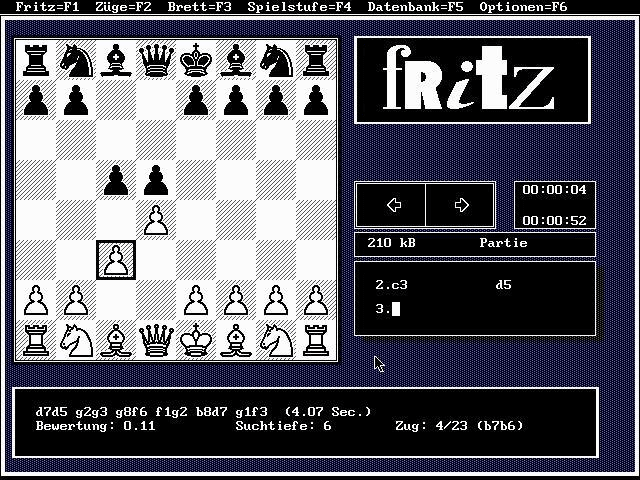


It was 1991. For five years ChessBase had been vigorously selling its professional database program, which most ambitious chess players, all the way up to the World Champion, were using to study the game. It could show you the latest opening trends, their success in present-day tournaments, or the performance of your opponents in these openings. It could give you examples of important endings, and show you how very strong players handled them.
What the database program couldn't do was to play a game against you, or advise you on the quality of individual moves. Why not, our company thought. A plan was born!
 Frans Morsch, born in 1954, was a Dutch physicist who had started experimenting with chess programs when he was thirteen. He had become a professional computer chess programmer and supplied the companies Hegener & Glaser, Saitek, and TASC with his program Quest for their dedicated chess computers.
Frans Morsch, born in 1954, was a Dutch physicist who had started experimenting with chess programs when he was thirteen. He had become a professional computer chess programmer and supplied the companies Hegener & Glaser, Saitek, and TASC with his program Quest for their dedicated chess computers.
In early 1991 we contacted Frans. In a long walk in a park in Bonn ChessBase founders Matthias Wüllenweber and Frederic Friedel convinced him to write an MS/DOS version of Quest, which could be used as a playing program on a PC.
In a few months Frans delivered the PC version of Quest, and ChessBase got to work designing its first chess playing program – in the style of its database program. It had its own Graphical User Interface (until version 4, released in 1996, which ran on Windows). Quest was the main engine used in Fritz 1 to 13.
 One of the problems was finding a name for this program. "Grandmaster Chess", "Chess Complete", "Total Chess"? We consulted one of German's leading marketing and branding experts, Olaf Oldigs, who came up with a startling idea: Call it "Fritz," give it a personal, non-threatening name. Germany had just been reunited and for the first time in decades we were feeling good about being German. "Fritz" is the slightly derogative nickname the British had given us (they were "Tommies"), so let's go with that...
One of the problems was finding a name for this program. "Grandmaster Chess", "Chess Complete", "Total Chess"? We consulted one of German's leading marketing and branding experts, Olaf Oldigs, who came up with a startling idea: Call it "Fritz," give it a personal, non-threatening name. Germany had just been reunited and for the first time in decades we were feeling good about being German. "Fritz" is the slightly derogative nickname the British had given us (they were "Tommies"), so let's go with that...
I should mention that our US representative was not comfortable with the decision, and renamed the program "Knightsalker" for the American market. You may want to google "Night Stalker" to find out why this was not a good idea. A year later it was Fritz in the US as well.

So Fritz it became, and it turned out to be a very fortunate decision. It was pleasant for people to say "I played this wonderful game against Fritz," or "Fritz wants to simply take the pawn in this position," or "I have to show this to Fritz!" Anand once said (about a later version): "Fritz has become one of us. He is like a well-respected grandmaster who trains and advises us. The only difference is he doesn't come to the bar in the evening to share a beer."
Initially Fritz was a cute little toy. At least that was how top players who visited me in my home considered it. And I watched their view change over the years. As we brought out new versions they went from "It's fun, but not serious," to "well, it is getting pretty good," to locking themselves up alone in my study, so as not to be distracted while playing Fritz.
Fritz has had a long and exciting career. We will be telling you more about it soon...